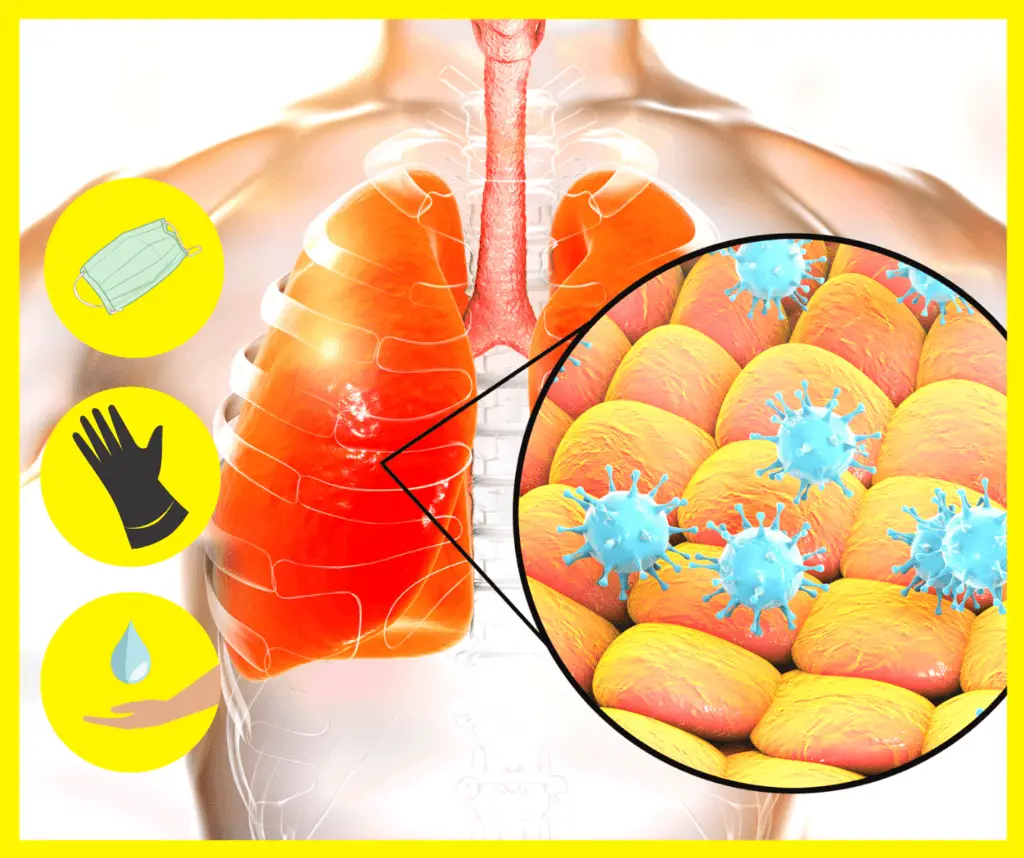China has 38 million residents in 13 cities, it locked down by governement in an effort to contain the deadly coronavirus outbreak.
What is Coronavirus?
A coronavirus is a kind of common virus that causes an infection in your nose, sinuses, or upper throat. Most coronaviruses are not dangerous.
In early January 2020, the World Health Organization identified a new type: 2019 novel coronavirus (2019-nCoV) in China. By late January, there were 300 confirmed cases in China and a death count that was still in the single digits, but rising. And despite airport screenings, a traveler had brought the first case to the U.S.
Symptoms:
The symptoms of most coronaviruses are similar to any other upper respiratory infection, including runny nose, coughing, sore throat, and sometimes a fever.
In most cases, you won’t know whether you have a coronavirus or a different cold-causing virus, such as rhinovirus.
To Continue Reading, Just Open The Next Page…
Causes:
This novel coronavirus — designated 2019-nCoV by the World Health Organization — started at a wholesale fish and live animal market in Wuhan, China where different animal species were sold, according to the European Centre for Disease Prevention and Control.
The virus was first contracted from an animal but it was later confirmed that humans could infect other humans. Experts say that regulations need to be put in place to prevent exotic animals or livestock from coming into contact with food.
Prevention:
WHO’s standard recommendations for the general public to reduce exposure to and transmission of a range of illnesses are as follows, which include hand and respiratory hygiene, and safe food practices:
-
- Frequently clean hands by using alcohol-based hand rub or soap and water;
- When coughing and sneezing cover mouth and nose with flexed elbow or tissue – throw tissue away immediately and wash hands;
- Avoid close contact with anyone who has fever and cough;
To Continue Reading, Just Open The Next Page…
- If you have fever, cough and difficulty breathing seek medical care early and share previous travel history with your health care provider;
- When visiting live markets in areas currently experiencing cases of novel coronavirus, avoid direct unprotected contact with live animals and surfaces in contact with animals;
- The consumption of raw or undercooked animal products should be avoided.
- Raw meat, milk or animal organs should be handled with care, to avoid cross-contamination with uncooked foods, as per good food safety practices.
But – in your opinion- have these methods to contain the virus been working and what steps should global communities be taking to protect themselves from this epidemic?
Sources:
